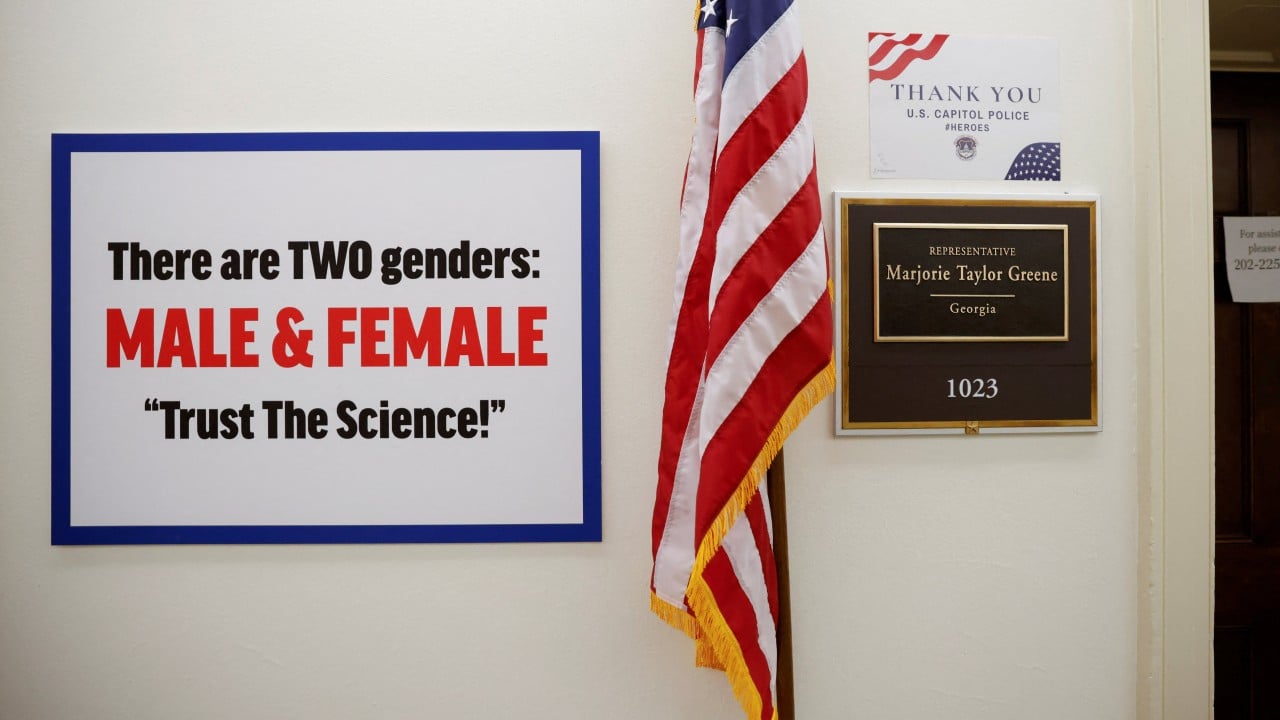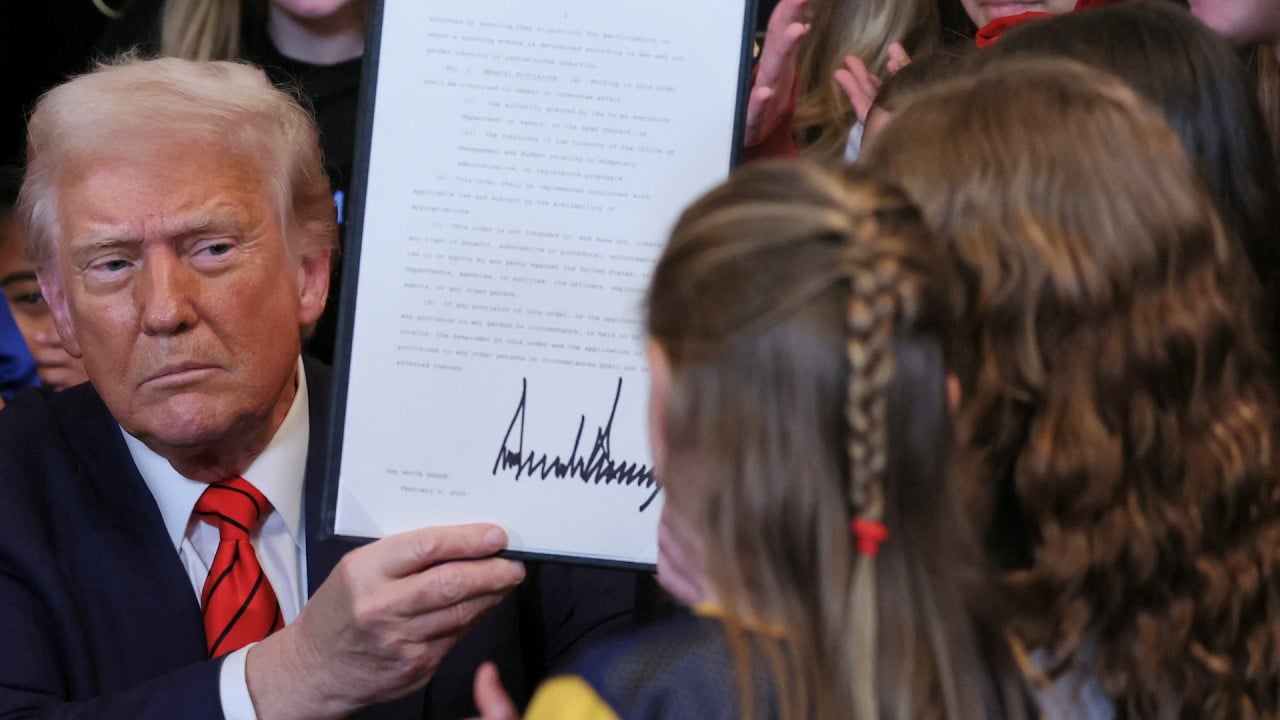The Trump administration has fulfilled a central campaign promise by issuing sweeping executive orders representing an unprecedented rollback on diversity, equity, and inclusion (DEI) across the United States. These measures have dismantled DEI initiatives in the federal workforce and military while enforcing a federal policy that formally recognises only two genders.
Advertisement
The measures extend beyond the public sector. The administration is targeting private companies by threatening investigations and regulatory action against what it perceives as excessively aggressive or biased DEI practices. This has sent shock waves through corporate boardrooms and non-profit organisations, leaving many scrambling to navigate the uncertain and increasingly challenging landscape.
Even before Trump’s executive orders, major corporations like Boeing, Ford, McDonald’s and Meta, the parent company of Instagram and WhatsApp, had retreated from their DEI policies, mindful of the conservative backlash. While some companies remain resolute, navigating a polarised environment to uphold their commitments to diversity and inclusion, others fear legal consequences and reputational damage. Businesses have been put in a precarious position, caught between legal risks and the pressures of public opinion in an era of deep cultural division.
At its core, the controversy over DEI reflects a larger societal struggle. This is not merely a policy debate but a cultural clash over competing visions of identity, justice and progress. For some, resistance to DEI is seen as a rejection of perceived overreach and political correctness. For others, it signals a troubling rollback of hard-won progress towards equity and justice.
One particularly contentious example is the debate over transgender rights. Advocates view inclusion as a crucial step towards equity and recognising individuals’ rights. Critics, however, argue it risks compromising fairness and infringing on women’s rights.
Advertisement
This tension was further intensified after a recent executive order limiting transgender participation in women’s sports, presented as a means to safeguard fairness and maintain opportunities for female athletes. These polarising debates have often sparked a backlash and wider resistance to DEI initiatives, emphasising the intricate challenge of balancing inclusion with fairness.


